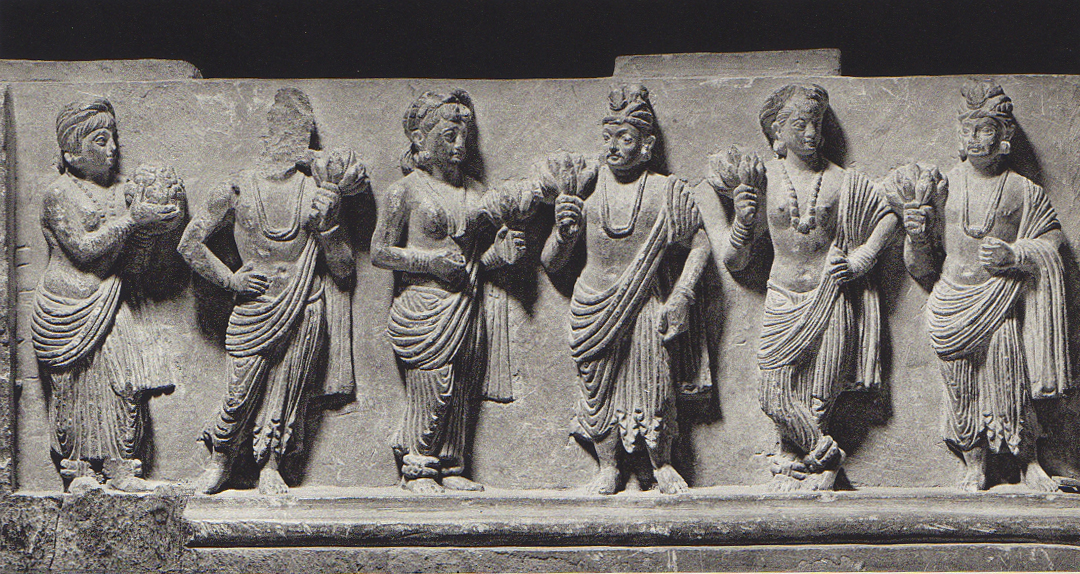 In the beginning years of this blog, I published a series of articles called “Meditations on Democracy and Dictatorship” which are still regularly read today, and have had some influence. They still elicit inquiries from remote corners of the globe. They are now buried in the back pages of the blog, so I’m moving them up the chronological counter so they can have another round of visibility, especially (I hope) with younger readers. I am re-posting them in their original sequence over part of 2018. Some references in these “meditations” will date them to 2007–2008, when they were written. But I will leave them un-retouched, though I may occasionally append some retrospective notes. Mostly, they deal with abstract issues that do not need updating.
In the beginning years of this blog, I published a series of articles called “Meditations on Democracy and Dictatorship” which are still regularly read today, and have had some influence. They still elicit inquiries from remote corners of the globe. They are now buried in the back pages of the blog, so I’m moving them up the chronological counter so they can have another round of visibility, especially (I hope) with younger readers. I am re-posting them in their original sequence over part of 2018. Some references in these “meditations” will date them to 2007–2008, when they were written. But I will leave them un-retouched, though I may occasionally append some retrospective notes. Mostly, they deal with abstract issues that do not need updating.

A convivial gathering of men and women in ancient Pakistan, during the Gandharan era, a time of intellectual and artistic synthesis. Gandharan art, drama and philosophy drew on influences from India, Persia and Greece.
Western Europe, and lands culturally derived from it, have made some relatively successful approximations of democracy and civil society, and combined them with noticeable prosperity. People both inside and outside this favoured zone wonder why, and they have often sought the answer in two particular areas: religious traditions, and the dramatic intellectual era called “the Enlightenment”. As someone who has written about the universal aspects of democracy, I’ve often felt some annoyance at what I consider parochial views of history, and dubious ideas of causality. I feel great sympathy for people outside the favoured zone, who are hopeful that they can have a democratic future, but are discomfited by the “second-banana” status that it seems to imply for their cultural heritage. This is especially true in the Islamic world, where past cultural glories and present embarrassments combine to make the search for democratic reform a touchy subject. I think that an excessively cartoonish view of the Enlightenment, and of the relationship between religion and democracy, is part of the problem. Read more »